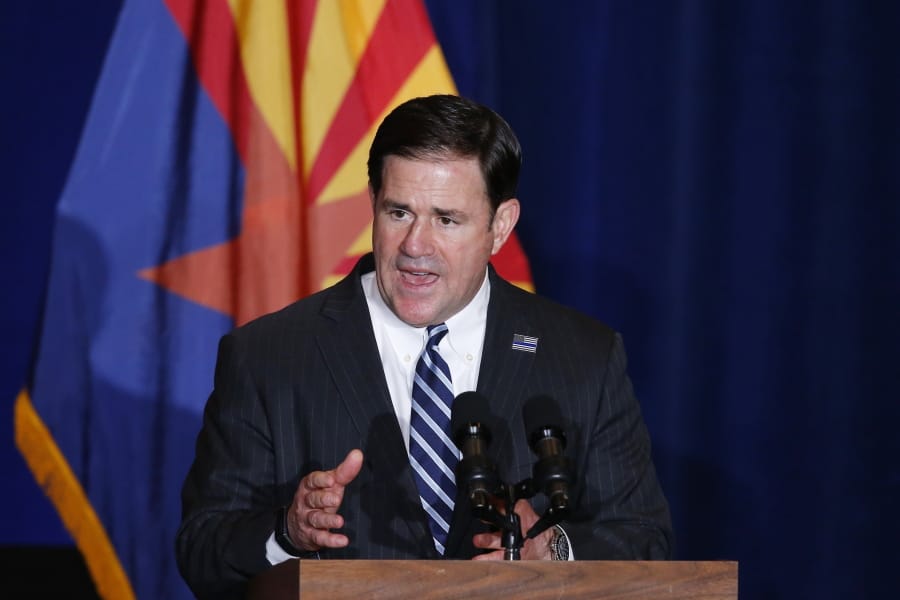Republican claims that Democrats would expand the U.S. Supreme Court to undercut the conservative majority if they win the presidency and control of Congress has a familiar ring.
It’s a tactic the GOP already has employed in recent years with state supreme courts when they have controlled all levers of state political power.
Republican governors in Arizona and Georgia have signed bills passed by GOP-dominated legislatures to expand the number of seats on their states’ respective high courts.
In Iowa, the Republican governor gained greater leverage over the commission that names judicial nominees.
“The arguments being advanced now by Republican leaders — that this is an affront to separation of powers, that this is a way of delegitimizing courts — those don’t seem to be holding at the state level,” said Marin Levy, a law professor at Duke University who has written about efforts to expand state high courts.
President Donald Trump and the GOP have seized on the issue in the final weeks of the presidential race, arguing that Democratic nominee Joe Biden would push a Democratic Congress to increase the number of seats on the Supreme Court and fill those with liberal justices.
Some on the left have floated the idea in the wake of Republicans’ rush to confirm Amy Coney Barrett to fill the seat of Justice Ruth Bader Ginsburg, a liberal icon who died last month.
Biden, for his part, has said he’s not a fan of so-called “court packing,” and it’s far from certain that Democrats can win back the majority in the U.S. Senate.
Arizona’s governor, Republican Doug Ducey, said he opposes adding seats to the U.S. Supreme Court.
“We shouldn’t be changing our institutions,” he told reporters recently.
Yet Ducey signed a bill that did just that at the state level in 2016, expanding the Arizona Supreme Court from five seats to seven. As a result, Ducey has appointed more judges than any other governor in the state’s history.
Ducey said the situations are not the same because Arizona’s system for selecting judges allows him to appoint them only from a list sent to him by a commission that interviews and vets candidates.
Arizona judges also face “retention” elections, a process that is essentially a formality. No state supreme court justice has ever lost a retention election.
“It’s apples and oranges,” Ducey said, comparing the state and federal high courts.



